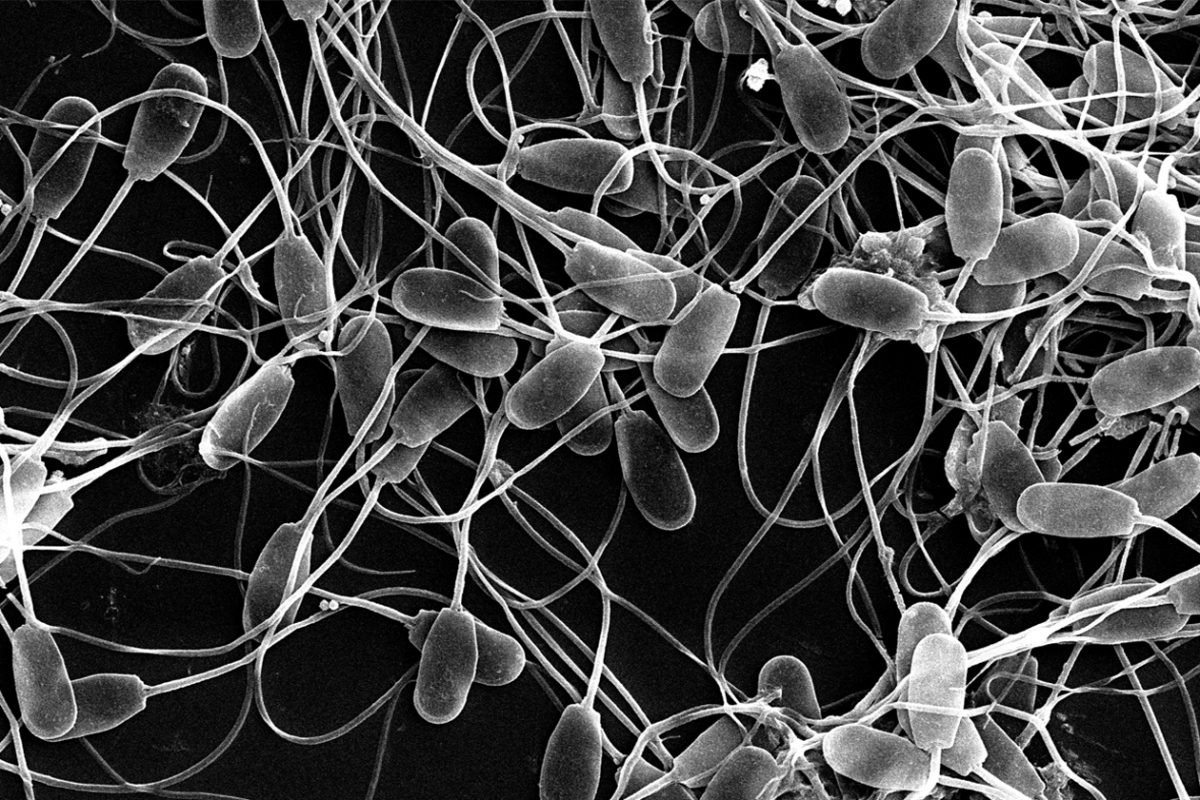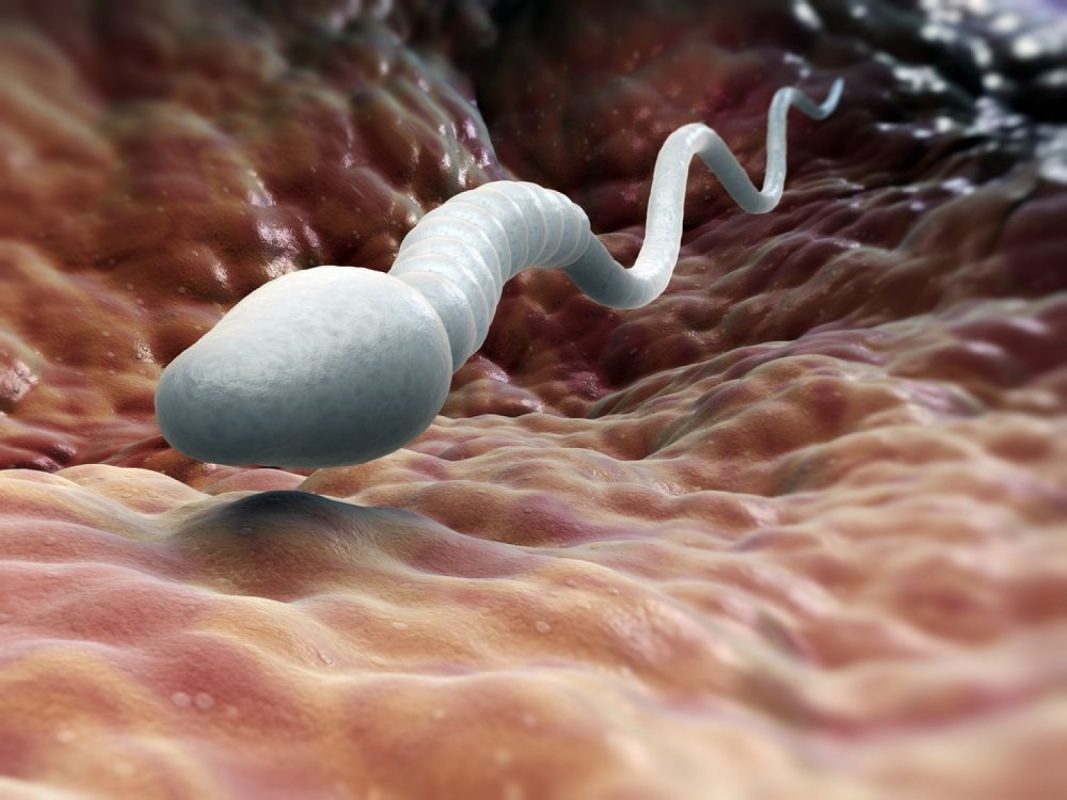Understanding the health of your sperm is crucial for fertility and overall reproductive health. Sperm health is influenced by various factors, and knowing the signs of healthy sperm can help you address any issues early. In this blog, we will explore what constitutes healthy sperm, the factors affecting sperm health, and the steps you can take to improve it.
What Constitutes Healthy Sperm?

Healthy sperm is typically characterized by three main factors: count, motility, and morphology.
1. Sperm Count:
– A healthy sperm count ranges from 15 million to over 200 million sperm per milliliter of semen. A count lower than 15 million per milliliter is considered low and may affect fertility.
2. Sperm Motility:
– Motility refers to the sperm’s ability to move efficiently. Healthy sperm should have at least 40% motility, with over 32% displaying progressive motility, meaning they swim forward in a straight line or in large circles.
3. Sperm Morphology:
– Morphology assesses the size and shape of sperm. Healthy sperm should have a normal oval head and a long tail, which aids in swimming. At least 4% of the sperm in a sample should have a normal shape to be considered healthy.
Factors Affecting Sperm Health

Several factors can influence the quality and health of sperm. These include:
1. Lifestyle Choices:
– Diet: A diet rich in antioxidants, vitamins, and minerals supports sperm health. Foods like fruits, vegetables, nuts, and whole grains are beneficial.
– Exercise: Regular physical activity helps maintain a healthy weight and boosts testosterone levels, improving sperm quality.
– Smoking and Alcohol: Both smoking and excessive alcohol consumption can reduce sperm count and motility. Avoiding these substances can significantly improve sperm health.
2. Environmental Factors:
– Heat Exposure: Prolonged exposure to high temperatures, such as from hot tubs, saunas, or tight underwear, can impair sperm production. It’s best to keep the testicular area cool.
– Chemicals and Toxins: Exposure to pesticides, heavy metals, and other environmental toxins can negatively impact sperm quality. Limiting exposure to these substances is crucial.
3. Medical Conditions:
– Infections: Sexually transmitted infections (STIs) and other infections can affect sperm health. Prompt treatment is necessary to prevent long-term damage.
– Hormonal Imbalances: Conditions like hypogonadism (low testosterone levels) can impair sperm production. Hormonal therapy may be required to address these imbalances.
– Varicocele: Enlarged veins in the scrotum can affect sperm quality. Surgical intervention might be needed to correct this condition.
How to Test Sperm Health

Testing sperm health typically involves a semen analysis conducted by a healthcare professional. Here’s what the process entails:
1. Semen Collection:
– A sample is usually collected through masturbation in a sterile container. It’s important to follow the clinic’s instructions to ensure an accurate sample.
2. Laboratory Analysis:
– The semen sample is analyzed under a microscope to evaluate sperm count, motility, and morphology. Additional tests may include checking for infections or assessing sperm DNA integrity.
3. Interpreting Results:
– The results are compared to standard reference ranges. Your healthcare provider will explain what the results mean and suggest any necessary treatments or lifestyle changes.
Steps to Improve Sperm Health

If your sperm health needs improvement, consider the following steps:
1. Adopt a Healthy Lifestyle:
– Balanced Diet: Incorporate foods rich in antioxidants, vitamins, and minerals.
– Exercise Regularly: Aim for at least 30 minutes of moderate exercise most days of the week.
– Avoid Harmful Substances: Quit smoking, limit alcohol intake, and avoid illicit drugs.
2. Maintain a Healthy Weight:
– Obesity can negatively impact sperm health. Aim to maintain a healthy weight through diet and exercise.
3. Reduce Stress:
– Chronic stress can affect hormone levels and sperm production. Practice stress-reducing techniques such as meditation, yoga, or deep breathing exercises.
4. Limit Heat Exposure:
– Avoid prolonged exposure to high temperatures. Wear loose-fitting underwear and avoid hot baths and saunas.
5. Regular Medical Check-ups:
– Regular visits to a healthcare provider can help monitor your reproductive health and address any issues early.
Sperm health is a vital aspect of male fertility and overall reproductive well-being. By understanding the factors that affect sperm quality and taking proactive steps to maintain a healthy lifestyle, you can significantly improve your chances of conception. If you have concerns about your sperm health, consult a healthcare professional for a thorough evaluation and personalized advice.








